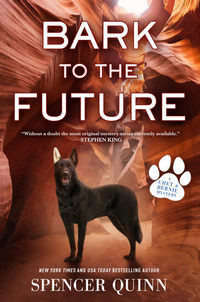 Bark to the Future
Bark to the Future
DETAILS: Series: Chet and Bernie, #13 Publisher: Forge Books Publication Date: August 8, 2022 Format: eARC Length: 320 pg. Read Date: July 25-28, 2022

Chet the Narrator
For roughly a decade now, Chet has been my favorite first-person narrator (at least among those being currently published). This K-9 school dropout is an engaging and personable narrator who will get the reader emotionally invested and charm you within the first few pages after you meet him. He’s optimistic, generally positive, and his unique perspective will make you chuckle frequently while you read a solid P.I. story.
At the same time, there’s an extra level of attention that needs to be paid to what he says so you can pick up what’s actually going on—Chet’s the best kind of unreliable narrator, he’s not being deceptive, he just doesn’t (and can’t) understand what he’s seeing and hearing. But he’s honest and thorough.
So, what I’m saying is, there’s little chance I’m not going to thoroughly enjoy a new Chet and Bernie novel. So going in, expect me to say nice things.
What’s Bark to the Future About?
Bernie’s approached by a panhandler while stopped at a light on a freeway off-ramp, who recognizes Bernie from high school and refuses to take his money. Life’s been harder on him than Bernie, who can’t recognize him at all. Bernie takes him for a burger, and tries to help him out a little—by this time, he’s identified himself. He’s an old baseball teammate, and the two shared a highlight or two of their careers. After their meal, Rocket Saluka has Bernie drop him off on the off-ramp.
But he’d said a thing or two that Bernie can’t stop thinking about, so he goes back the next morning to follow up. Rocket’s nowhere to be found, but someone else directs Bernie to a camp Rocket was staying at. He’s not there, either—and there’s almost no trace of him. Chet does find his distinctive switchblade buried under Rocket’s tent, however—and now Bernie’s even more curious, and he sets out to find his old teammate.
It turns out that there’s quite the history attached to this switchblade, and most of it was shared by other people who were associated with their high school (including one person Bernie knows but didn’t realize was from the same school). What starts off as a way to deal with some unnecessary guilt becomes a hunt for someone responsible for at least one murder—and hopefully, Rocket.
Weatherly and Trixie
I was a fan of Suzie Sanchez and didn’t like it at all when that relationship fell apart, and I wished for more time with the doctor Bernie dated. But now that Quinn has brought Weatherly into the series, I’m glad that things between them and Bernie ended.
Weatherly’s a great addition to the series period—someone in law enforcement that Bernie can talk shop with (who isn’t a former colleague) and who can pitch in when Bernie needs backup. And their romantic relationship is better than Bernie’s had before—there’s a trust, an honesty that was missing with Suzie. Bernie’s learned from his past mistakes and is making sure that he doesn’t make them again. It’s great to see.
I do feel back for Weatherly’s dog Trixie, Chet’s a jealous boy (we are learning), and he’s not doing well with a female counterpart with similar strengths (maybe stronger in a couple of ways than Chet). Yes, she scores a few wins over our narrator, but his feelings toward her color what we’re told about her, and she doesn’t come out looking so good.
We’ve seen something like this with Shooter, Chet’s son. But it’s a little different with Shooter because there’s a somewhat paternal aspect to Chet’s description of him.
We know that Chet can get along with other dogs—but the extended time with Trixie is showing us another side of his personality. You wouldn’t think you’d get that in a dog character, but it’s good to see that Quinn can give us that.
Bernie’s Notoriety
As he’s visiting fellow alumni and other people associated with the case, several people mention how they’d read/seen something about him because of the events of Of Mutts and Men (although one harkened back to Heart of Barkness. I’m glad that there are people out there who know that Bernie Little is out there, doing good work. Most of the time in PI fiction, you get the idea that outside of those close to a case, no one notices that the PI we’re so heavily invested in does anything of note.
But what’s better to me is that Bernie’s getting recognition for this case—one of the first things we learn about him 12 books ago is that he has very definite opinions about water usage and the local aquifer. From Chet, we get some ideas about other things that Bernie cares about, but from his own mouth, we know that he cares about Charlie, Chet, and water (and now, Weatherly). Of all the cases for him to get good PR for, this is the one that’s going to mean something to Bernie.
So, what did I think about Bark to the Future?
Not surprisingly, I liked it. I really did. We get a little character backstory here, we see Bernie as a good father (and a fumbling one), we see development in his relationship with Weatherly, we see the potential for a (small) income stream for Bernie outside the PI business, and there’s an intriguing mystery or two for our heroes to dig their teeth into (literally, for Chet).
Starting with Of Mutts and Men that Quinn’s found another gear. I can’t put my finger on it—I wish I could—but there’s something about the novels that have stepped up a notch or two. The series is always reliable, but these last few have been better than some of the previous. Bark to the Future continues that streak.
I heartily recommend this to you—if you haven’t tried one from this series before, don’t worry—they’re all good entry points. Jump in now, you’ll be glad you did.
Much like Chet and a Slim Jim, I’ve gulped this one down and am ready for my next one.
Disclaimer: I received this eARC from Macmillan-Tor/Forge via NetGalley in exchange for this post—thanks to both for this.

This post contains an affiliate link. If you purchase from it, I will get a small commission at no additional cost to you. As always, the opinions expressed are my own.
![]()




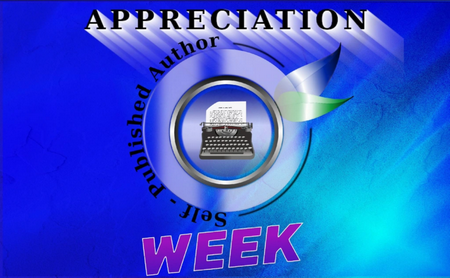
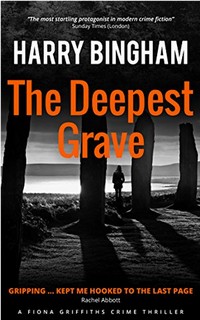

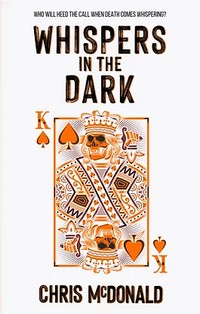
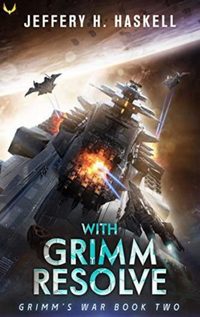
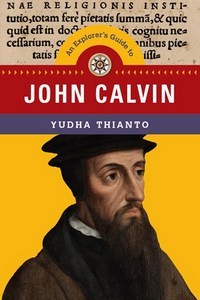


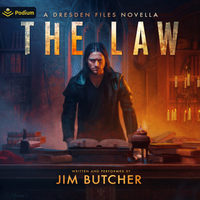
 I loved seeing Harry’s reactions to these responses.
I loved seeing Harry’s reactions to these responses.